Keywords: Catholic Church In Australia
There are more than 200 results, only the first 200 are displayed here.
-
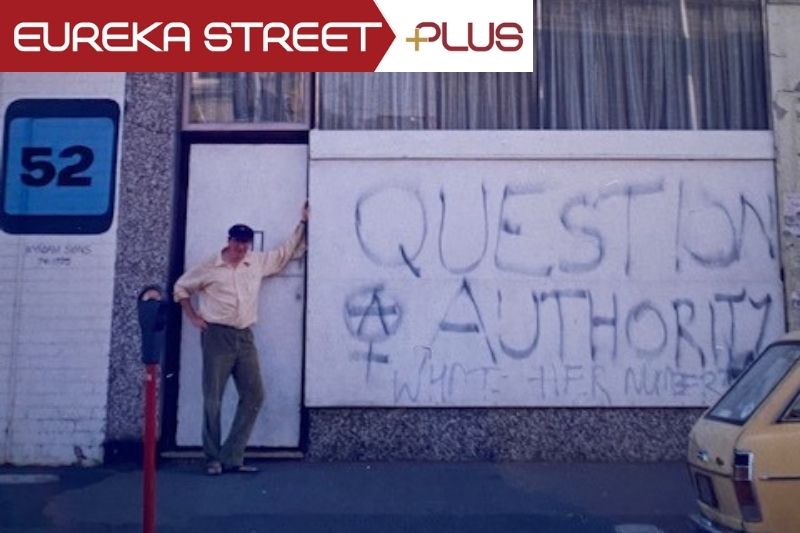
FAITH DOING JUSTICE
- Michael McGirr
- 09 September 2022
5 Comments
The Way had been a community of homeless people, built around difficult but wonderful characters. It taught me more than I can easily say. It was a world where things were not always as they seemed and people did not fit into little boxes. We had many challenging days and relationships with our guys were seldom easy, but there was an energy that found light in unexpected places.
READ MORE 
-

INTERNATIONAL
- David Halliday, Beth Doherty, Tim Dunlop, Matthew Howard
- 26 August 2022
When former Facebook employee Frances Haugen released a trove of documents revealing internal research on the negative effects its social media products were having on mental health, the darker side of social media became hard to ignore. So how might the harmful effects of social media be mitigated into a social benefit for a saner, more coherent society?
READ MORE 
-
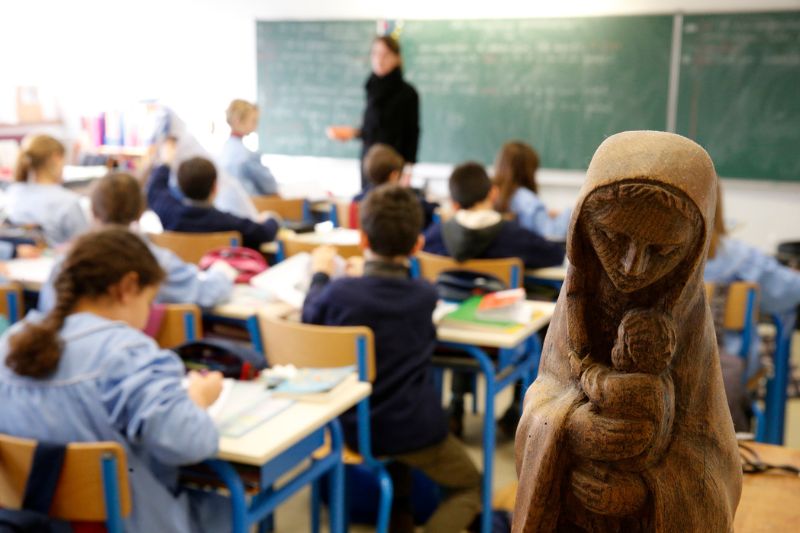
RELIGION
- John Warhurst
- 23 August 2022
18 Comments
The successful implementation of the spirit and the letter of the Plenary Council must involve the Catholic education sector. Catholic schools, meaning students, parents, staff members and governing bodies, are one of the most vital sectors of the church along with the health sector. They must be convinced to engage with and support the reform outcomes of the Plenary Council.
READ MORE 
-
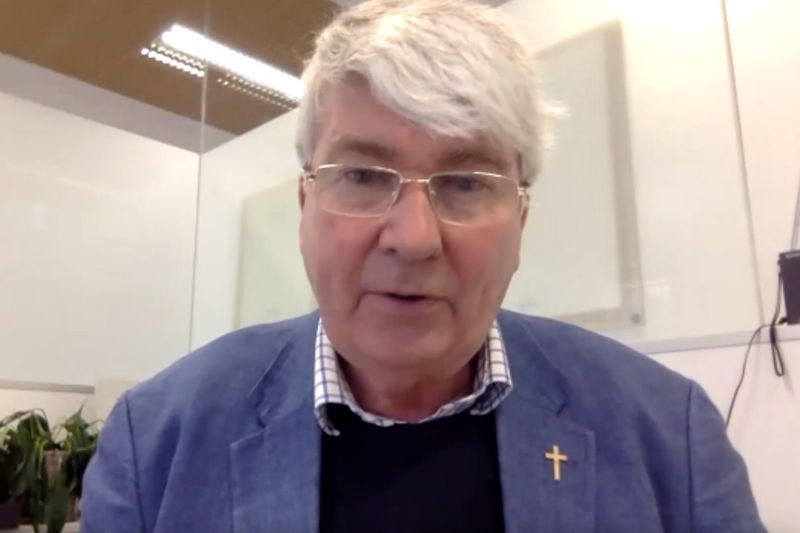
AUSTRALIA
- Frank Brennan, Vicki Clark
- 18 August 2022
3 Comments
How can individuals and organisations engage with and support progress on reconciliation? In this conversation, Fr Frank Brennan SJ (Rector, Newman College) and Vicki Clark touch on progress of reconciliation in Australia in light of the Uluru Statement from the Heart, Constitutional recognition of Aboriginal and Torres Strait Islander Peoples, the Yoorrook Justice Commission and the Victorian Treaty process.
READ MORE 
-
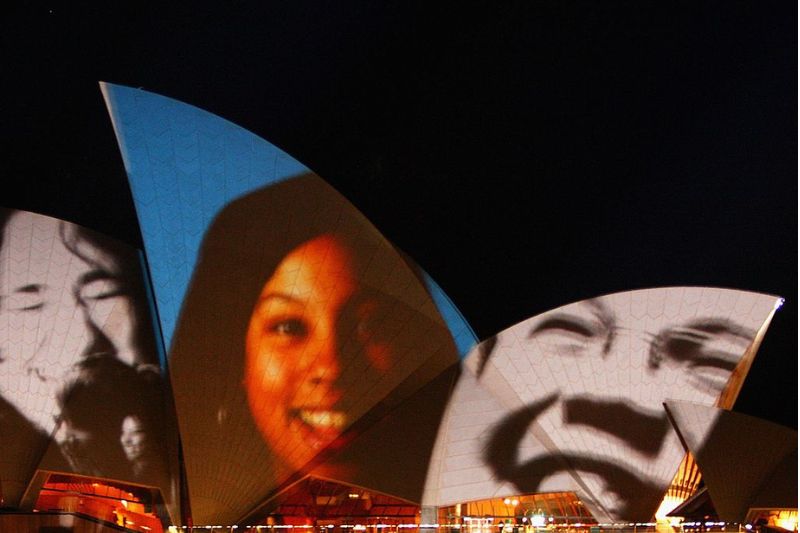
AUSTRALIA
- Andrew Hamilton
- 17 August 2022
4 Comments
Few Australians of Irish descent will now be familiar with this history and the experience that accompanied it. They would see themselves as simply Australian. But the emphasis on social justice, the recognition of the value of community, and the concern for people who are marginal that are communicated through Catholic schools and the sympathy with the underdog owe much to the Irish heritage.
READ MORE 
-
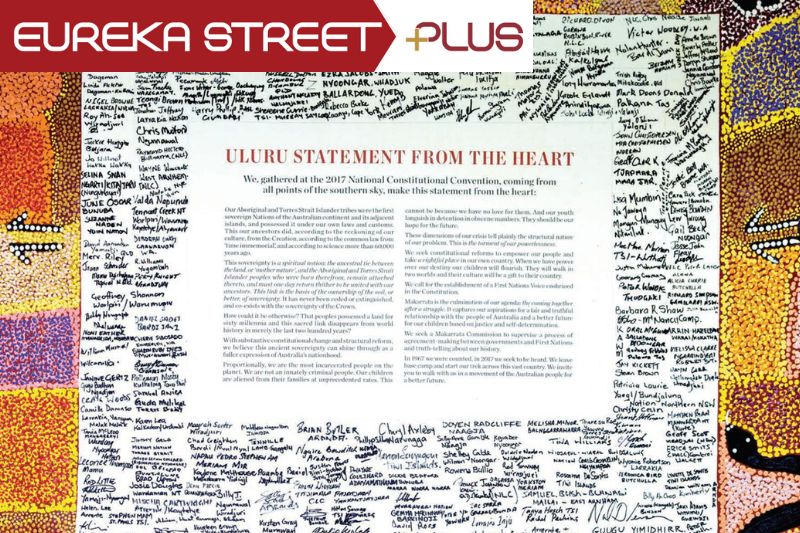
AUSTRALIA
- Frank Brennan
- 17 August 2022
2 Comments
We need to be able to do more than simply give notional assent to the Uluru Statement. We need to be able to contribute to the hard thinking and difficult discussions to be had if the overwhelming majority of our fellow Australians are to be convinced of the need for a Voice in the Constitution.
READ MORE 
-
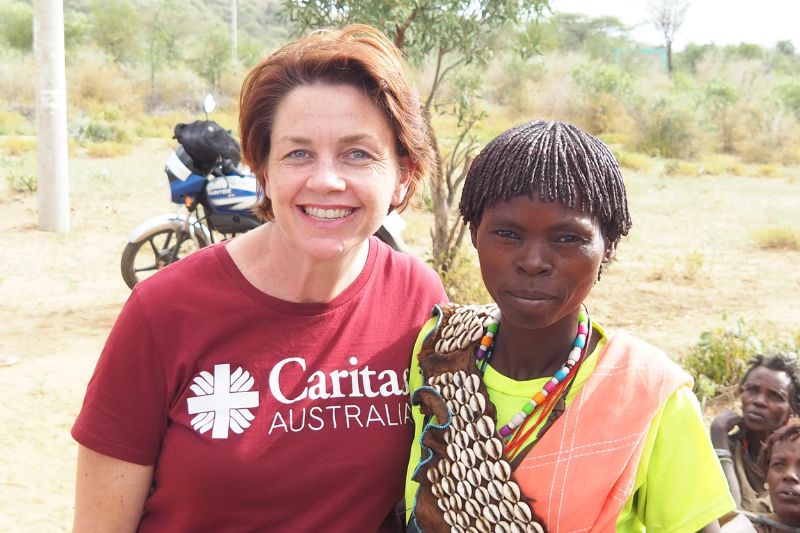
INTERNATIONAL
- Kirsty Robertson
- 10 August 2022
2 Comments
Last month I travelled to Ethiopia, visiting an IDP (Internally Displaced Persons) camp filled with thousands of people facing a hunger crisis. The triple threats of conflict, COVID and climate have created the perfect storm, with serious impacts on countries that depend heavily on grain, fuel and fertiliser imports from Russia or Ukraine, including Yemen, Somalia, Ethiopia and Sudan.
READ MORE 
-
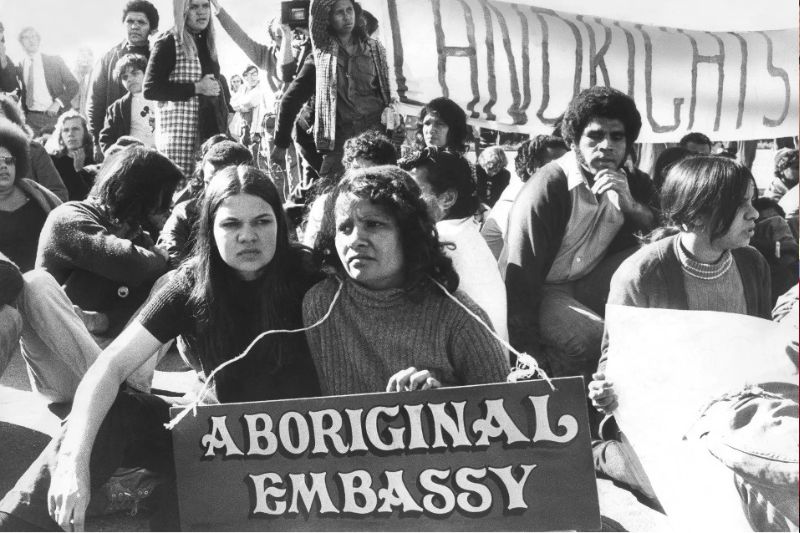
AUSTRALIA
The ‘Land Rights Now’ banner is hoisted against the wind, and the marchers set off for the Embassy. A young Aboriginal woman walks ahead of the banner. She has dyed her hair red. She turns and leans into the wind to face the marchers, holding a megaphone to her mouth. ‘What do we want?’ she shouts, ‘When do we want it?’ And she keeps going, exhorting the marchers. We reply ‘Land Rights … Now!’ The crowd tires before she does.
READ MORE 
-
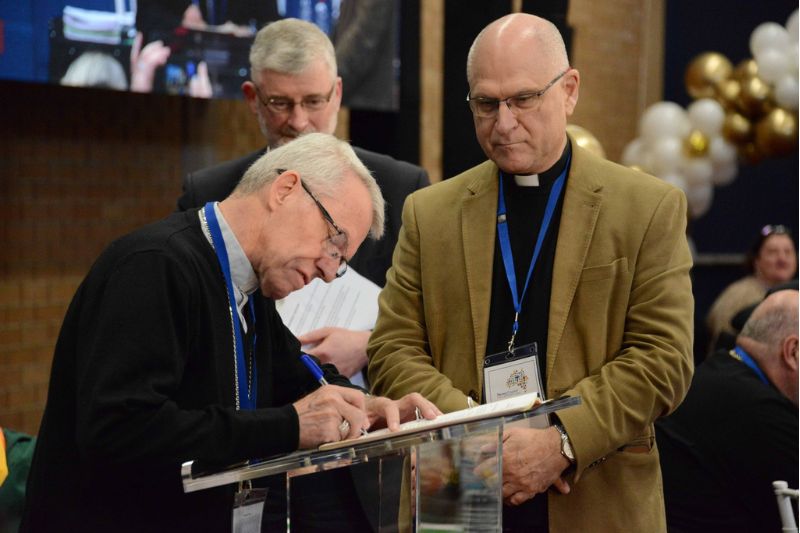
RELIGION
- Geraldine Doogue
- 27 July 2022
7 Comments
What did the Plenary mean exactly, and what is next for the church? Secretary to the Council, Fr David Ranson, offers a rich and bracingly realistic set of observations about the Plenary Council. As secretary, Fr David was deeply absorbed in the lead-up, in the events of the week itself and now in assessing what comes next. He might surprise you with his judgements. They're delivered by a man with an acute sense of Church procedures but also with an eye to possibilities.
READ MORE 
-

RELIGION
- Michele Frankeni
- 12 July 2022
1 Comment
Last week at the Plenary Council Second Assembly, it seems many of Australia’s bishops, for whatever reason, wanted to bury the talents available to them. They voted down motions related to the equality of dignity between men and women. The reaction according to commentators was visceral with members, not just women, upset and angry. It is likely the anger was more potent for the fact that the motions had become so anodyne that many assembly members are probably regretting the parsing and pruning.
READ MORE 
-
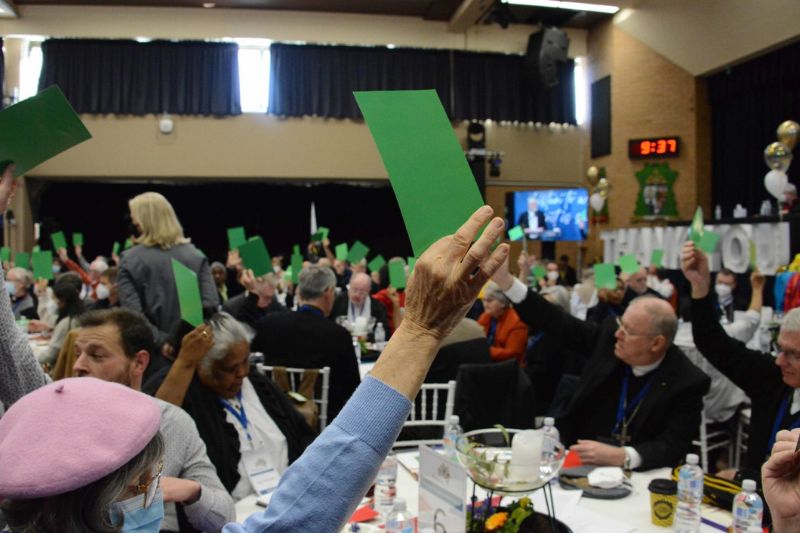
RELIGION
- Paul Collins
- 12 July 2022
33 Comments
The Plenary Council (PC) is over and the time has come for assessments. What did it achieve? In positive terms it brought together an enormously generous group of people whose dedication to Catholicism is extraordinary. It also demonstrated the diverse complexity of the community.
READ MORE 
-
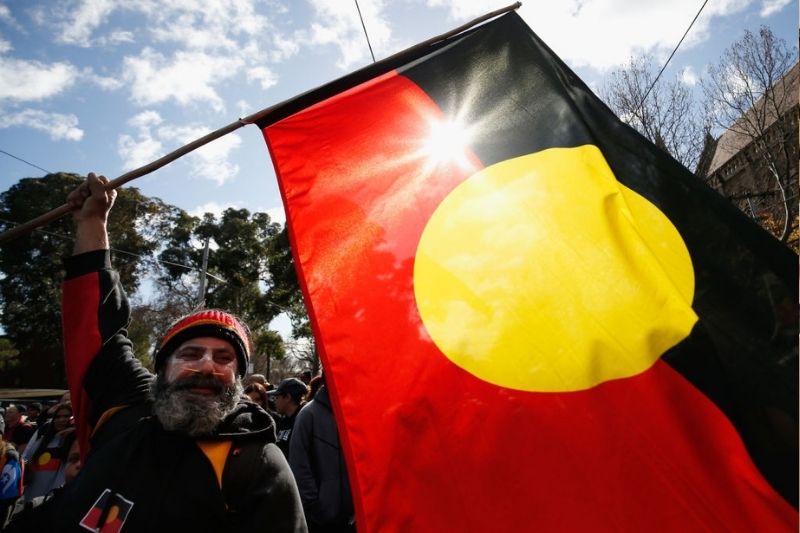
RELIGION
The subjugation of the world’s First Nations people was enshrined in the Doctrine of Discovery, a series of papal decrees made by Pope Alexander VI in 1493, where any land not inhabited by Christians was available to be ‘discovered,’ claimed, and exploited by Christian rulers. The Doctrine of Discovery legitimised Christian explorers’ claims to land uninhabited by Christians, promoting and fortifying Christian domination, and forcing original inhabitants into Christianity.
READ MORE 